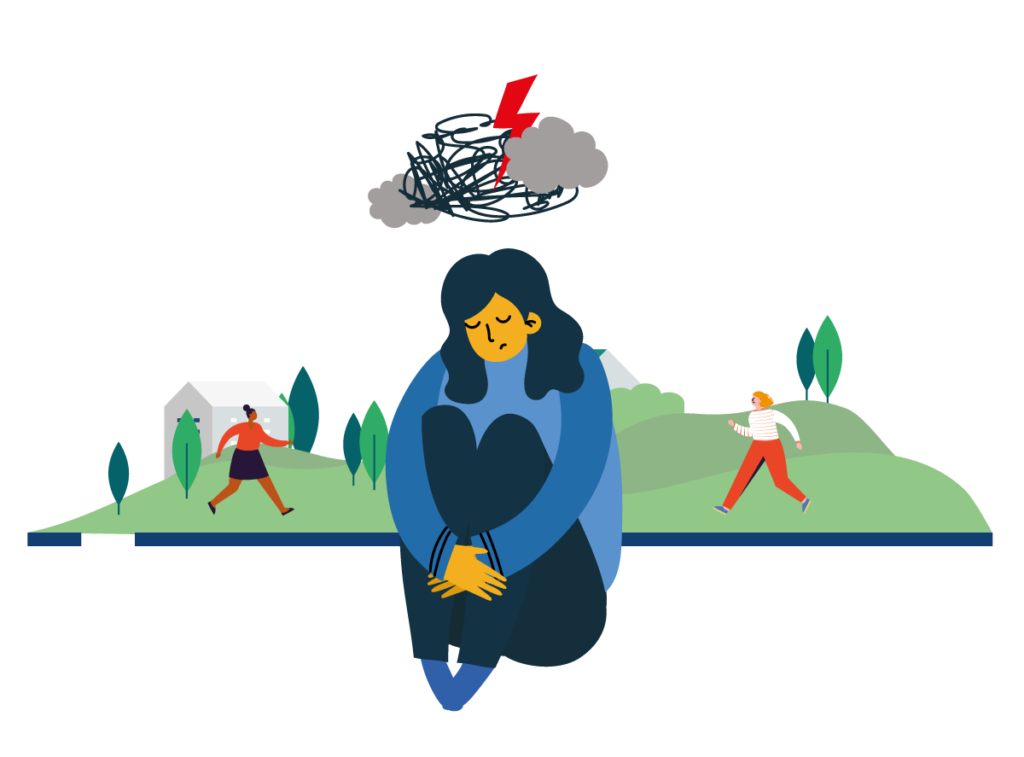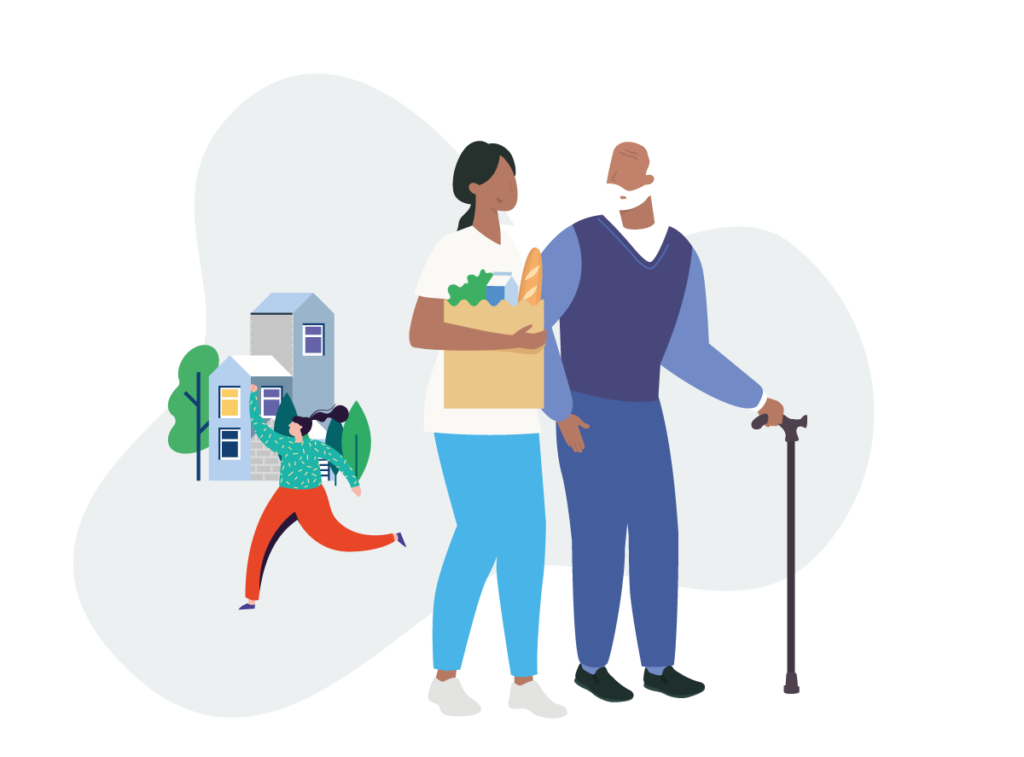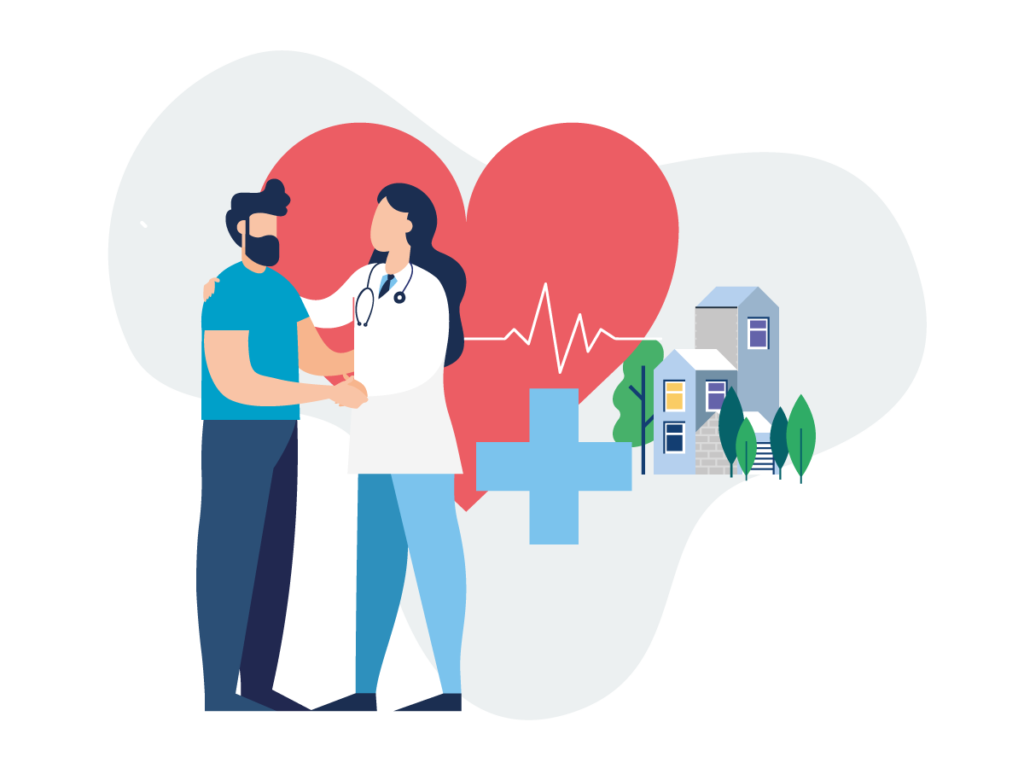Support
We understand that these can be difficult times for many social housing residents. The impacts of rising costs of living, especially on the back of the lockdowns where there were spells of self-isolation or social distancing, can cause distress. Worrying about debt, loneliness and isolation can all have a negative impact on everyone’s mental health and wellbeing but there are many places where you can obtain support.
The Resident Voice Index is an independent project that aims to gather information from social housing residents across the UK. We aren’t the right place to address individual cases, but if you are experiencing these feelings or need some help or advice, please see the following guidance and resources which we hope will be of use to you.


Help with Debt
Citizens Advice is a free national service that offers lots of help and advice about how to deal with debt and money worries. Their website explains the options available and how to access them. https://www.citizensadvice.org.uk/debt-and-money/
The National Debtline is a charity that gives free and independent debt advice over the phone and online. Their website contains written guides, sample letters and you can chat to advisor online at https://www.nationaldebtline.org/ or call them on 0808 808 4000.
Resources supporting your wellbeing
Samaritans have a confidential support line for people experiencing feelings of distress or despair. Call 116 123 for more information.
Anxiety Support provides support if you have been diagnosed with an anxiety condition. Phone 03444 775 774 to find out more.
Rethink Mental Illness offers general information on living with mental illness, medication and care. You can call their phone line on 0300 5000 927 to get more information and advice.
SANE is a leading UK mental health charity working to improve the quality of life for anyone affected by mental illness. SANE provides emotional support, guidance and information to anyone affected by mental illness, including families, friends and carers. Call 07984 967 708, leaving your name and contact details and someone will respond as soon as possible.

Coronavirus
The COVID MUTUAL AID website lists mutual aid groups. You might be able to find one in your local area and make some connections within your community to find some information about groups and services near to you. Click here to go to the website.

Help for the elderly
If you are looking for someone to talk to and share some time with, below are some services that help link people up for social phone calls.
RE-ENGAGE offer a call companion service where a volunteer calls an older person over the age of 85 between 2 and 4 times a month for an informal chat. Apply for this service here.
AGE-UK: Age UK offer support to social housing residents through a free advice line. Lines are open 8am-7pm, 365 days a year. They have specialist advisers at over 140 local Age UKs who may be able to connect you with local organisations to support you further. Age UK also offer a number of resources including guidance on making video calls and calling friends and family digitally. They also offer a befriending service for people over the age of 60, matching you up with a likeminded person who will give you a call every week. Sign up for this service here.
If you need any advice on money, care or health, call the Age UK helpline on 0800 678 1602.
SILVER LINE operates a confidential, free helpline for older people aged 55 and over across the UK. Call 0800 4 70 80 90 to get in touch.

NHS
NHS provide the following advice on dealing with loneliness:
- Try talking about your feelings to a friend, family member, health professional or counsellor. You could also contact Samaritans by clicking here, calling 116 123 or emailing jo@samaritans.org if you need someone to talk to.
- Consider joining a group or class that focuses on something you enjoy; you could ask to go along and just watch first if you’re feeling nervous.
- Consider visiting places where you can just be around other people – for example, a park, the cinema or a cafe.
- Consider peer support, where people use their experiences to help each other. Find out more about peer support on the Mind website.
- Try the 6 ways to feel happier, which are simple lifestyle changes to help you feel more in control and able to cope.
- Find out how to raise your self-esteem. Listen to free mental wellbeing audio guides.
- Search and download relaxation and mindfulness apps or online community apps from the NHS apps library.
Also, your housing provider may have neighbourhood officers who might be able to direct you to helpful resources and services in your local area.
Other sources of help
The British Red Cross
A very comprehensive web page on identifying and coping with loneliness along with how to obtain support.
https://www.redcross.org.uk/get-help/get-help-with-lonelines
